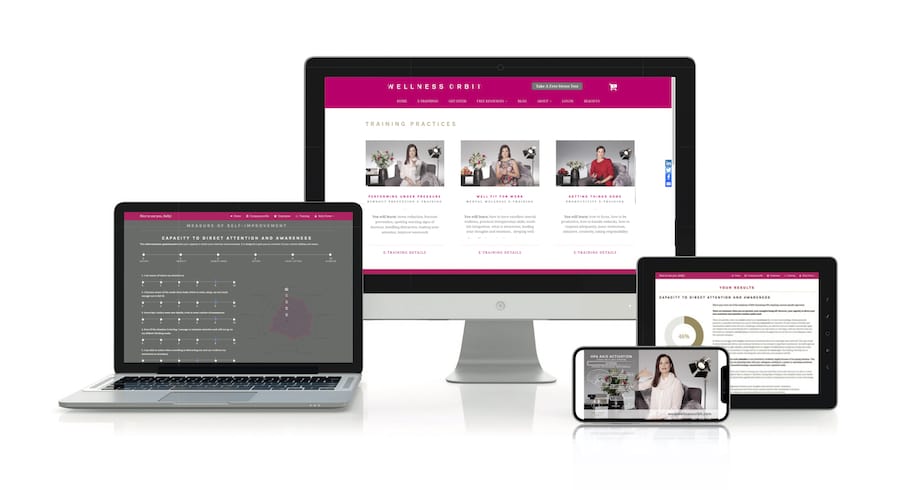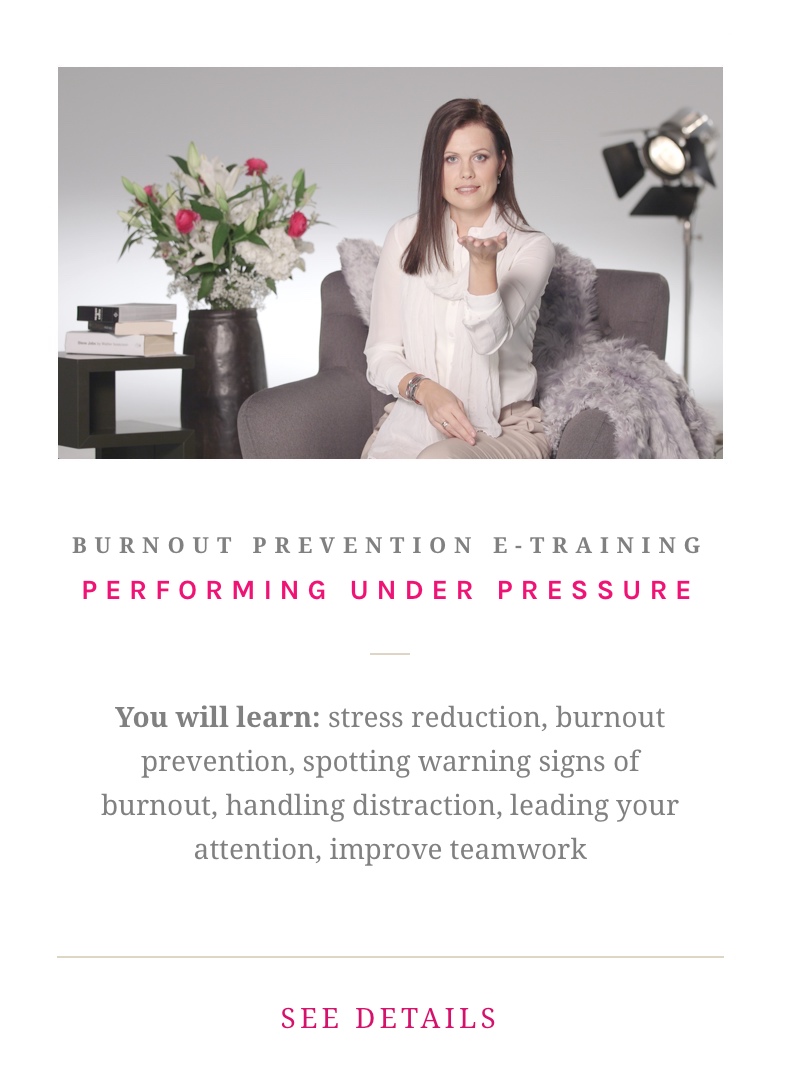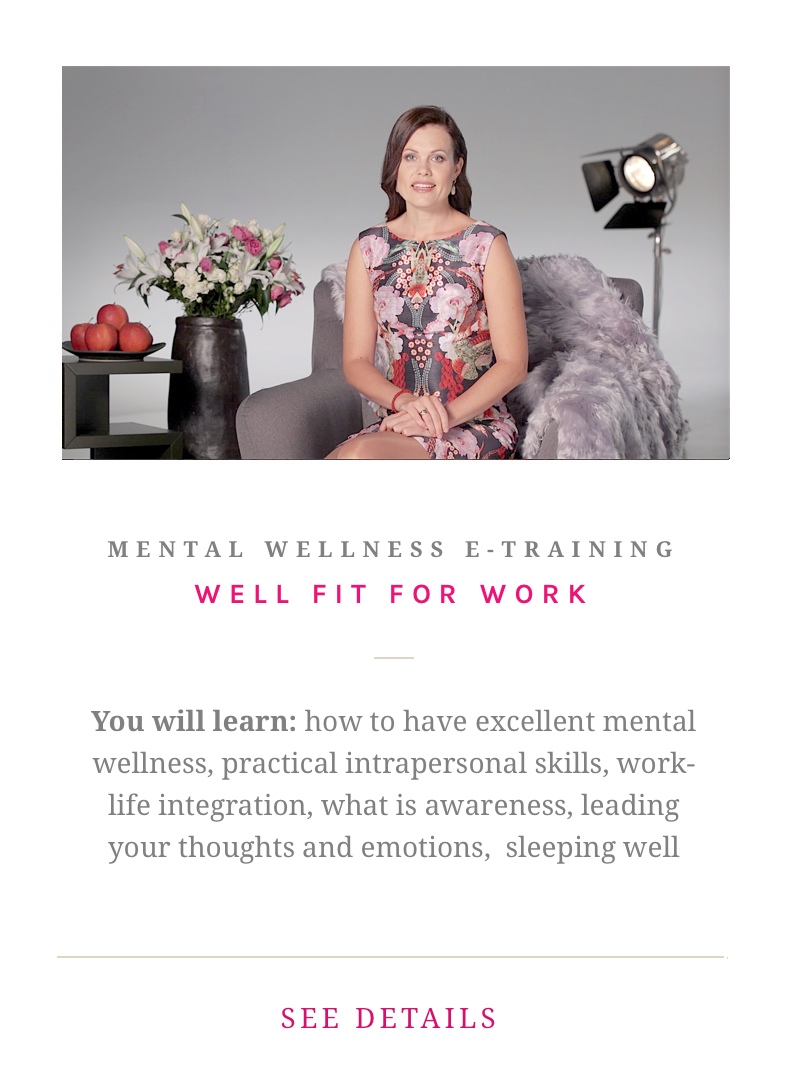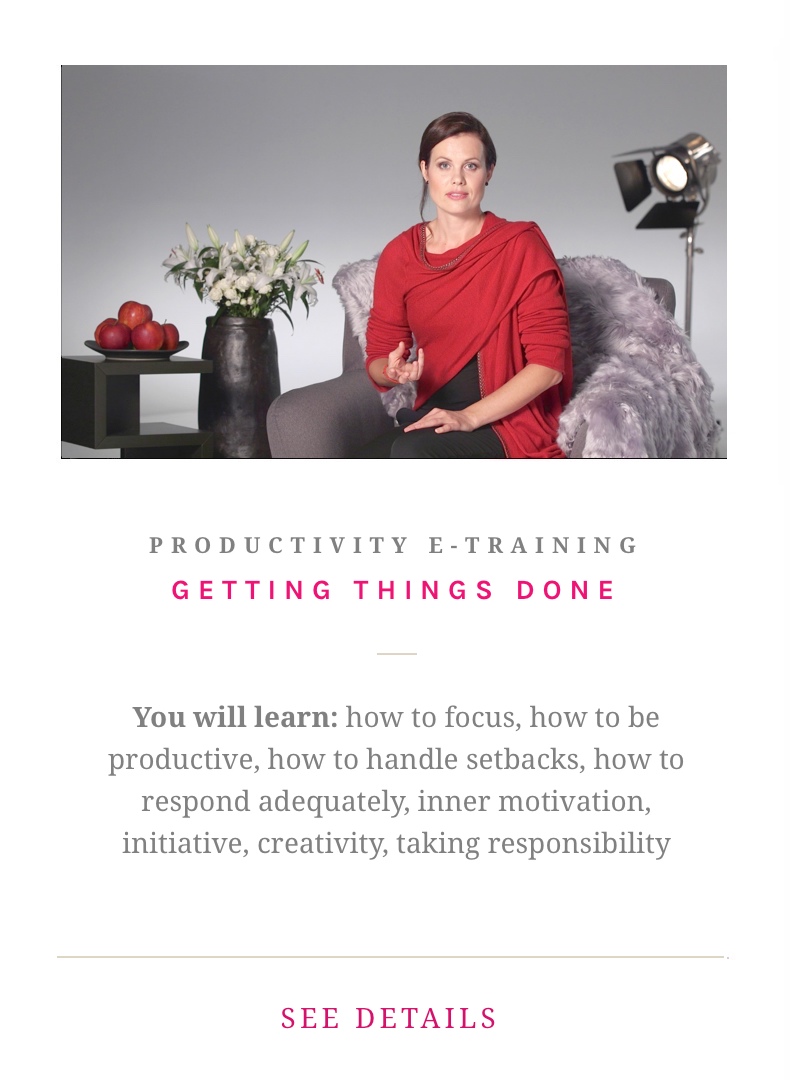Awareness is an integral part of our existence. We all use it constantly, whether consciously or subconsciously.
If we look at the big picture, we only have two options as human beings:
1) To be reactive (subconscious based on previous experiences);
2) To respond (or make conscious choices, being fully present).
When we are awake, our awareness is directed toward the external world: our surroundings, people, and events unfolding around us. However, awareness does not disappear when we sleep; instead, it shifts inward, allowing us to perceive and experience dreams. Similarly, we can also become aware of our thoughts, imaginations, and emotions, as well as observe different processes in our physical body.
The 24/7 existing ability to observe both external and internal realities highlights the depth of human consciousness. When you become aware of your awareness, you have discovered your consciousness.
What is consciousness?
The nature of consciousness is static and omnipresent. It is the ever-existing silent space. No words can really describe it, as all descriptions of it (inner silence, space, vastness) arise as objects in awareness. In the statistical form of consciousness, it isn't easily usable in practical work/life situations.
In ordinary life, we use the term attention. Attention is the focused concentration of awareness on specific information or a location, or an action.
The more we become aware of the whereabouts of our awareness, the better we understand ourselves and the world around us. It is your ability to become aware that leads you to greater inner clarity and calmness, allowing conscious decision-making.
Your inner power to use your awareness in an active form allows you to establish the connection between yourself (your True Self as the subject) and any object. Such objects can appear around you in the external physical world and in your inner world (within your mind).
Mind, as such, is mostly active; it can entertain thoughts, imagination and emotions.

All thoughts, imaginations, and emotions are your inner objects, appearing on the canvas of consciousness. Just as when we look at the movie, we don't acknowledge the white movie screen in the background that makes moving pictures visible. Similarly, the ever-existing consciousness is also often unnoticed.
Consciousness is always visible when you have a silent and calm mind. You, as True Self, are the silent observer who can lead all inner processes, as well as somewhat what happens around you (see the graph above).
Awareness of your awareness is consciousness. Consciousness is, in essence, an objectless and ever-lasting phenomenon.
It is your awareness that enables you to direct your awareness and inner and outer sensing at will.
Observing with awareness allows you to understand and direct processes. When you master your intrapersonal abilities, you have the inner power to direct all internal processes at will, and this frees you from subconscious inner reactivity.
Inner freedom is the power to direct your awareness at will as well as let go of all processes, which enables you to experience your True Self as a non-changing form of being.

Our mind is usually engaged with constantly changing inner processes like thinking, imagination, and feeling different emotions, etc. Those are almost endless, like waves on the seashore. Such waves of different inner processes actively cover up our consciousness and True Self.
The benefits of being a fully conscious person
A conscious person or a person who experiences the True Self can lead all internal processes at will. Leading your inner domain is actually easier than the outer domain, as we as humans have relatively limited control over the outside world.
However, until all our inner processes are lumped together simply as 'the mind', it is hard to understand who the leader is and what can be led. You are not your mind or your body. You have a mind and body. Your mind has different inner processes. That is why you need to notice what you think, imagine, or feel, and also need to notice where your awareness and inner sensing are directed towards to.
Only when you learn to lead all mental, emotional, and subtle processes can you feel inner freedom. That is why intrapersonal skills matter.
Intrapersonal skills are self-leadership tools that permit you to lead what you sense and become aware of (see the graph below). Both sensing and awareness can be directed by you at will, permitting you to gain understanding faster than relying only on thoughts, emotions, and the sensations of the physical body.

Understanding, in essence, is becoming conscious of something. Too often, we study something instead of studying and understanding awareness itself.
While consciousness as experience is internal, the paradox is that consciousness exists both within you and everywhere in the Universe. Understanding, however, is always an inside job.
It is the individual existence of you as a human being that has the power to become conscious of something.
The more you rely on internal factors, the more you will understand how what is unfolding in you and around you has a deep interconnectedness. When you connect with your deeper core, you realize the world is an extension of yourself. Such a shift allows inner calmness and a sense of wholeness.
Your consciousness expands and gives you the ability to notice the harmony within and around you.
Consciousness is peaceful and ever-existing
Until we see ourselves as biorobots and lump up everything as a body-mind, the distinction between our True Self and the different intrapersonal functions and experiences remains hidden. In such a human, as a biorobot-centric approach, we are stuck in our physical, mental and emotional restrictions.
Until you experience your physical body, emotions, thoughts, and imagination as your only reality, and you fail to see the more subtle and silent inner levels of consciousness and sensing. Those subtle processes often remain unnoticed by you.
Consciousness is peaceful and ever-existing; it never changes. Even if you use it in active format, it has no color, smell or other properties. It just is, and the only power you have is to allow your awareness to focus or be spatial. In the last mode applications of consciousness are fewer than in the directed format.
Awareness is the dynamic and directable form of consciousness.
Dr. Kavitha Chinnaiyan writes in the book 'The Heart of Wellness': "An innocent mistake we tend to make is to try to "find" awareness or want to experience it. However, awareness is the sole subject of all experience. Anything that we find in it is an object, including all experiences, sensations, and thoughts. Awareness cannot be known or found as an experience because it is what knows."
According to Eckhart Tolle, Namkhai Norbu, Dr. Kavitha Chinnaiyan, Dr. Helena Lass, Ingvar Villido, Paramahansa Yogananda, Tamil Siddhas, and many other experts, awareness is our cognitive ability to be fully present and register what is going on. When you are conscious and become conscious of something, you are the observer and the one who acknowledges it without any attitude, thoughts, imagination or emotions.
Inner silence, awareness, or your True Self is the ONLY observer.
Awareness is your intrapersonal power to register what is going on.
According to Villido and the yogic science of human awareness is the connector between you and any chosen object (any external object, like this text on your computer screen, or any internal object like thoughts or feelings in your mind). It is your awareness that you can sustain in a certain place when you focus on something (see the illustration below).
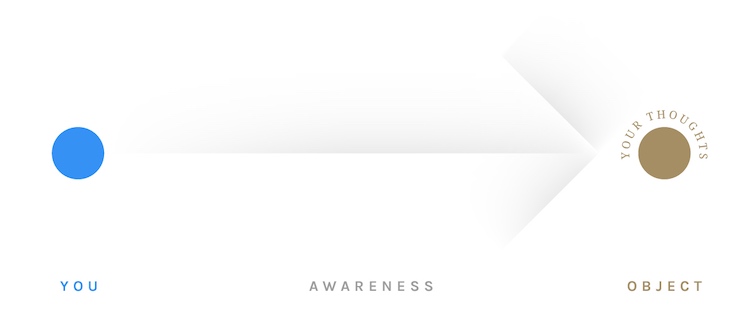
An illustration of the arrow of awareness between you and the object. Shared with the kind permission of awareness teacher Ingvar Villido. Illustration design Jürgen Salenbacher.
Being closer to your True Self than processes within your mind, awareness allows you to investigate the processes within the mind. As a universal agent for discovery, awareness represents the fundamental base for all intrapersonal skills and gives you inner freedom to direct all processes within you at will.
Learning more about our awareness and intrapersonal skills is what allows us to secure excellent mental wellness.
The application of awareness and intrapersonal skills has the power to improve focus and mental wellbeing.
All skills are always personal. Therefore, only the intrapersonal skills that you have allow you to apply them in practice. Intrapersonal skills and the ever-present calmness as consciousness are your inner safety net.
You and everyone in your team need to invest time and effort to study your inner domain. This prevents suffering, allows proactivity when noticing problems and dealing with challenges, and permits keeping inner calmness.
Your True Self has 3 cognitive qualities:
- I am;
- I know that I am.
- Certain subtle energy flow (primordial/omnipresent flow).
It is your True Self who has the inner freedom and power to use awareness and sensing at will.
Carl Jung was one of the first psychiatrists to bring forward the importance of the Self, the central overarching concept governing the individuation process. The Self in his eyes was total unity. Jung viewed it as the psyche's central archetype.
Jung has stated: "Much of the evil in the world is due to the fact that man in general is hopelessly unconscious." When we can't deal with our inner problems within us, we tend to react and cause ill reactions around us.

Dr. Helena Lass points out in her scientific paper 'Developing Intra-Personal Skills as a Proactive Way to Personal Sustainability – The Preventative Side of the Mental Health Equation': “None of the existing modalities in evidence-based psychotherapy has provided an applicable education towards re-establishing the human’s most natural state, where we identify with Self rather than ego and provided methods to systematically discontinue the automatic reactions that people have started to consider normal and become identified with.”
Without the discovery of consciousness, it is very difficult to discover our subtle and primordial state of the True Self.
Namkhai Norbu book 'The Crystal and the Way of Light' opens up that, "Whenever one doesn't find oneself in the primordial state one should constantly observe oneself without distraction governing one’s behavior with the kind of ‘relative’ self-observing awareness that recognizes the consequences of one’s actions, and one should maintain this awareness for as long as the ‘absolute’ spontaneous non-dual awareness of the primordial state, that is one’s true condition, is not present."
It is impossible to find your True Self anywhere else than within yourself. Padmasambhava stated in 'The Yoga of Knowing the Mind':
"A person who is ignorant of this may seek
externally, but how is it possible to find oneself
through seeking anywhere other than in oneself!Someone who seeks their own nature externally is
like a fool who, giving a performance in the middle
of a crowd, forgets who he is and then seeks
everywhere else to find himself."
Choosing to become and remain aware of your awareness allows you to awaken from the subconscious and reactive autopilot mode. Such autopilot mostly happens because your thoughts and subconscious emotional reactions have taken away your conscious choice.

Choosing awareness and removing inner reactivity is a conscious choice. The ability to observe one's mind and notice what is triggered and then pause and use the ability to respond opens up inner freedom.
The practical use of awareness opens up an inner path of removing the limiting power of your reactions.
Awareness and intrapersonal skills provide inner freedom and the ability to sustain focus as long as needed.
Conclusion
Your endless inner ability to observe external and internal realities highlights the depth and power of human consciousness. When you become aware of the whereabouts of your awareness, you can actively lead it, and this frees you from the limitations of passive consciousness (often known as mindfulness).
The active use of awareness and awareness-based intrapersonal skills at work and in all life situations lays a calm foundation for your professional excellence and personal thriving.
However, you as True Self are the consciousness, the only subject that exists. The objects you experience come and go, and you, as the subject, have the inner power to remain ever calm and blissful.
The intrapersonal skills e-trainings on this website are founded upon the active use of awareness, modern psychology and leadership principles.
By training your mind to become calm, you can replace your inner reactions with the ability to respond. It is taking responsibility allows you to see improvement in mental wellness, productivity, and employee engagement.


